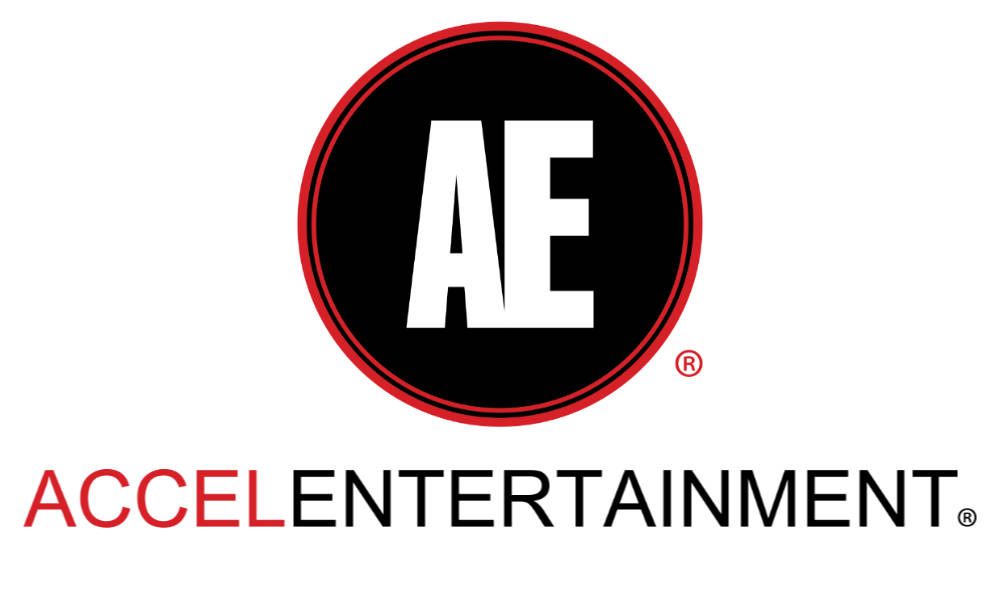“It was a very strong recovery to getting a real strong punch in the mouth.” That was how Accel Entertainment CEO Andy Rubenstein described the slot-machine-company’s reaction to an adverse January.
In a brisk 24 minutes, Rubenstein and CFO Matt Ellis ran through Accel’s profitable first quarter and prospects for the rest of the year. Wall Street analysts asked few questions.
“Once again, we had a strong quarter,” Rubenstein began. “Similar to other companies in Illinois, we saw negative same-store sales growth” that was neutralized by company expansions. “Our highly variable cost structure allows us to quickly adjust to any changes in the economy.”
“Local attrition remains low,” continued Ellis, especially at the bottom end of the trade, as slot-hosting locales go out of business. Capital expenditures were up, with Accel introducing four new gaming terminals in Illinois, its predominant market.
“We continue to make progress on our $220 million share-repurchase program,” Ellis continued. “We’re in a unique position where we can continue to grow our own business and return value to our shareholders.”
Asked about prospective new jurisdictions for slot routes, Rubenstein said Virginia was “pending, not probable. Something has to give in that state, because of the existing equipment and the governor’s desire to clean up what has been an illegal industry.”
He continued that Georgia had solidified “value-card” redemption for slot-like amusement devices. The CEO saw “the beginning of a long-term movement toward a cash-out environment more like Illinois. We’re going to expand what we do and lean into the gift card in Georgia.”
North Carolina had “good momentum” toward skill-game legalization, Rubenstein opined, if little transparency in the legislature. But the exclusion of casinos from the gaming-expansion bill “gives it a better chance to pass.”
By contrast, in Pennsylvania, the CEO saw no real movement toward legitimizing gray-market skill games. “There appear to be a lot of people that are happy with the status quo.”
Getting back to weather-related adversity, Rubenstein said it showed, “We’re the gaming entertainment that’s closest to home. It takes the least investment.” He said slot routes would pick up even further “as the dollars get pushed away from destination gaming. We’re good, everyday entertainment. We seem to benefit in all economic cycles.”
Asked why no merger-and-acquisition deals were being made, Rubenstein replied, “I don’t think there’s been anything holding them back.” He said Accel takes a diligent approach to assessing transactions and it’s “important to get there in a very confident way and make sure it’s priced accordingly.” He hoped to expand Accel into multiple new markets by the end of 2024.
Queried about negative slot hold in Nevada, Ellis assured investors, “Demand’s still there.” He said, “We don’t see anything systemic,” adding that it pointed to Accel’s convenient, close-to-home, business model.
Rubenstein ended the brief call by inviting all participants to attend Accel’s annual shareholder meeting on May 9.



